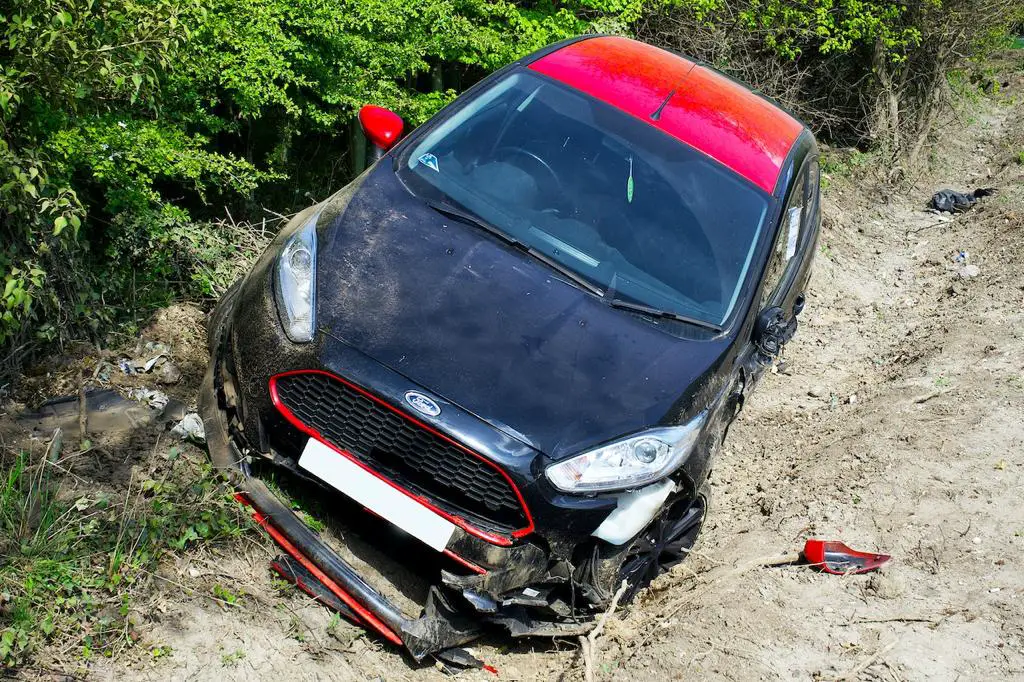

Car accidents can be frightening and chaotic experiences, leaving us shaken and unsure of what to do next. However, knowing the right steps to take immediately after a collision can make a significant difference in ensuring everyone’s safety, protecting your legal rights, and handling the aftermath of the accident efficiently. It is imperative to take these five critical steps to react responsibly and proactively following a collision.
The first and most crucial step after a collision is to prioritize safety. Before anything else, it is important to thoroughly check yourself and any passengers for any signs of injury. If there are injuries, it is necessary to immediately call for emergency medical assistance. The top priority should always be the health and safety of everyone involved in the accident. If you can, move your vehicle to a secure location or to the side of the road to prevent any obstruction of traffic and avoid further accidents. Remember to turn on your hazard lights to signal other drivers of the situation. Be cautious when exiting your vehicle, especially if you are on a busy road. Stay away from oncoming traffic and remain in a safe location until help arrives.
While waiting for the police to arrive, exchange information with the other driver(s) involved in the accident. To guarantee precision, it’s crucial to collect the person’s complete name, contact details, driver’s license number, license plate number, and insurance particulars. Giving equal access to identical information is crucial. Additionally, if there were witnesses to the accident, try to get their contact information, as their statements might be valuable later during insurance claims or legal proceedings. It is essential to communicate with the other party politely and avoid engaging in arguments or heated discussions. Emotions may be running high after an accident, but maintaining a calm and respectful demeanor can help prevent the situation from escalating further.
While waiting for the police to arrive, exchange information with the other driver(s) involved in the accident. Obtain their name, contact information, driver’s license number, license plate number, and insurance details. Be sure to provide the same information to them. Additionally, if there were witnesses to the accident, try to get their contact information, as their statements might be valuable later during insurance claims or legal proceedings.
It is essential to communicate with the other party politely and avoid engaging in arguments or heated discussions. Emotions may be running high after an accident, but maintaining a calm and respectful demeanor can help prevent the situation from escalating further.
Preserving evidence of the accident is crucial for insurance purposes and potential legal actions. If it is safe to do so, take photos or videos of the accident scene, showing the positions of the vehicles, the damage sustained, and any relevant road conditions or traffic signs. Also, take pictures of any visible injuries you or your passengers may have sustained.
Documentation can serve as valuable evidence during the claims process. It can help establish the cause of the accident and determine liability. Memories can fade with time, so having visual documentation can reinforce your recollection of the events.
Contact your insurance company as soon as possible after the collision to report the accident. Most insurance policies have specific timeframes within which accidents must be reported, so it is essential not to delay. When speaking with your insurance agent, be honest and provide them with accurate information about what happened. Avoid speculating or making assumptions about the cause of the accident. In cases of significant property damage, injuries, or complex circumstances, it may be beneficial to seek legal advice from any good California car accident lawyer before discussing the accident with your insurance company. An experienced lawyer can ensure that you understand your rights and help you navigate through the claims process effectively.
Your insurance agent will guide you through the claims process and inform you about the coverage and benefits available to you. Be prepared to provide them with the information you obtained from the other party involved in the accident, as well as any documentation or photos you took at the scene.
Being involved in a car accident can be a traumatic experience, but taking the right steps immediately after the collision can make a significant difference in handling the situation effectively. In the event of a mishap, the primary concern should be the safety and welfare of all individuals involved. It is important to assess for any injuries and obtain medical assistance as needed. Inform the local authorities of the incident and collaborate with law enforcement personnel. Exchange contact details with the other party and capture the scene through photographs or videos if feasible. Notify your insurance provider without delay and provide them with truthful and accurate information about the accident. Maintain a composed and collected demeanor throughout the entire process.
A business can develop in many ways. One of the best ways to grow your…
American families are once again juggling the seasonal custom—and financial burden—of back-to-school shopping as the…
Want to bond over unexpected activities? Look at these unconventional ways to connect with your…
Burnout isn’t just something that happens to CEOs. For moms homeschooling littles, it’s a very…
When it comes to long-distance motorcycling, comfort, reliability, and smart engineering can make or break…
Flowers have seen significant transformation over time; online flower shopping is increasingly common now for…